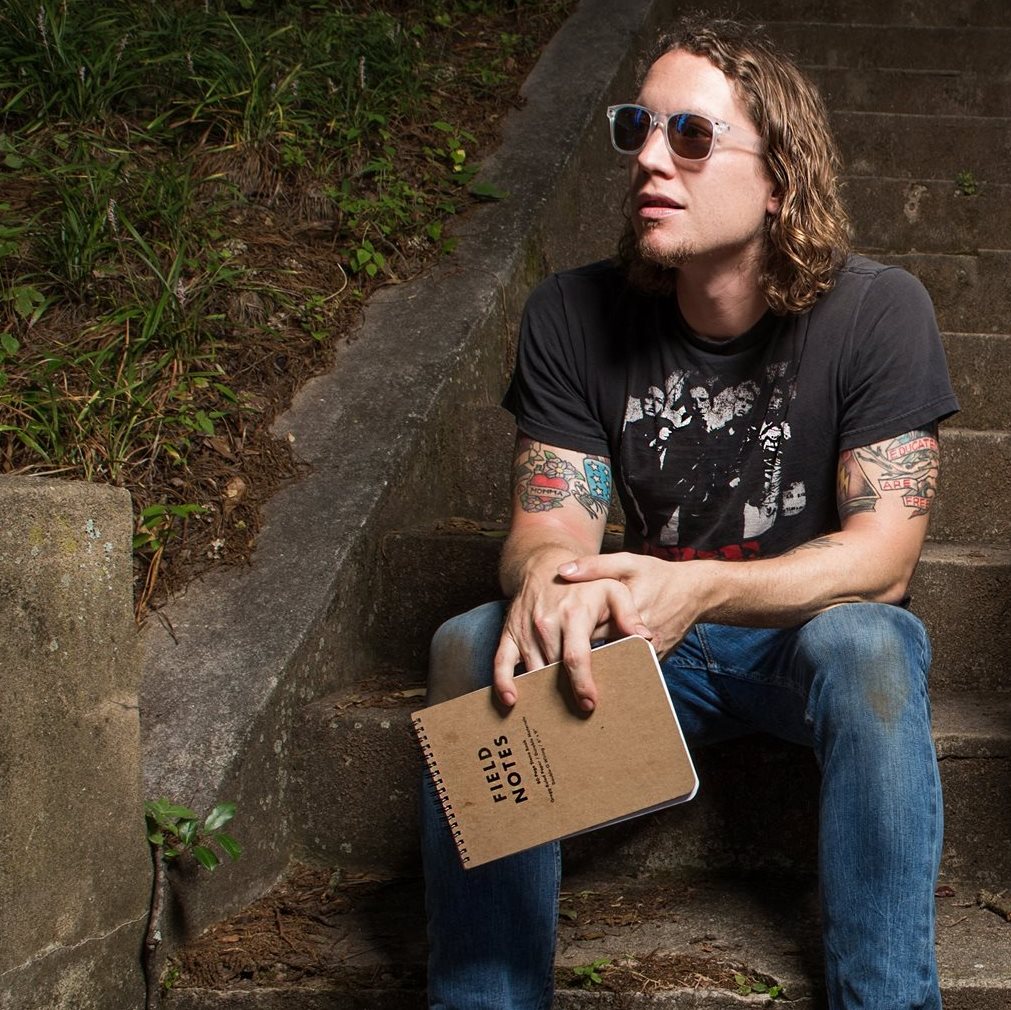 I have often been wary of people that claim to have it all figured out. The ones that say, “I always knew I would be a _____” (insert occupation). My wariness of their unwavering conviction is undoubtedly rooted in the windy road of my own career path. Like most high school graduates, I had absolutely no idea what I was going to do in my life and worked very hard to convince everyone else that I had it all figured out. I ended up at a tiny two year school in southwest Georgia studying music, where I developed a study habits that have guided me as a learner ever since. A few years later, I found myself the proud owner of a degree in music and one in English, but few job prospects on the horizon. Luckily, I was offered a position teaching English and Journalism at a high school in Macon, Georgia. In short, my need to survive brought me to teaching. Thankfully, I discovered it was something that I really enjoyed.
I have often been wary of people that claim to have it all figured out. The ones that say, “I always knew I would be a _____” (insert occupation). My wariness of their unwavering conviction is undoubtedly rooted in the windy road of my own career path. Like most high school graduates, I had absolutely no idea what I was going to do in my life and worked very hard to convince everyone else that I had it all figured out. I ended up at a tiny two year school in southwest Georgia studying music, where I developed a study habits that have guided me as a learner ever since. A few years later, I found myself the proud owner of a degree in music and one in English, but few job prospects on the horizon. Luckily, I was offered a position teaching English and Journalism at a high school in Macon, Georgia. In short, my need to survive brought me to teaching. Thankfully, I discovered it was something that I really enjoyed.
In the time that has passed since starting my unplanned, but (now) totally welcomed teaching career, I have taught in two high schools, one really progressive preschool, worked as the Educator and Assistant Curator at the Georgia Music Hall of Fame, toiled for two years as an adjunct instructor at a for-profit college, all before finally landing in my current position as an academic librarian. My point is this: my professional “rambling man” has placed me in a variety of teaching situations and given me invaluable insight in to the complex process of designing instruction. I’ve come to look at teaching as an active and nurturing process. Looking back on my own educational experiences, this notion is informed by my most memorable experiences as a learner. As a learner, I need to be engaged with the material, an engagement that can be rooted in genuine interest of my own, enthusiasm from the teacher, or a combination of both. As a teacher, I try to empower the learner through scaffolding by providing the right amount of support and removing that support gradually as the learner gains skill and confidence. Honesty and authenticity in the classroom is a crucial component to establishing a connection between a number of things needed in a classroom: the teacher, the students, the material being presented and the relevance of the lesson the real life. This idea is not subject or discipline-specific and it is an idea that guides my approach to instructional design, whether it be for a semester long course or an hour-long workshop.
For better or worse, teaching is becoming more and more prevalent in the online environment. As the proud owner of two online Master degrees, I’ve seen some of the best, and unfortunately, some of the worst examples of how online education should work and I think both sides of the spectrum have been beneficial. To put it bluntly, some online (and blended) classes are a waste of time. That’s not to say that all is lost or that online learning is an exercise in futility facilitated by educational institutions more focused on enrollment and generating revenue than designing useful learning experiences, but it would be reckless and lazy to think that online instruction, as a whole, could not be improved. That’s exactly why I decided to enroll in this program. My idealistic vision is to reflect on my experiences as an online student, the good and the bad, and let those experiences inform my practice in the future. These experiences have, along with my courses at UGA, have informed my practice as an online educator and someone that interacts with students in the online environment on a regular basis. For example, one of the first things I did after getting promoted to Graduate Studies Librarian was contact our marketing department for assistance with creating a “Graduate Studies Librarian introduction video,” which has proved to be an invaluable resource for reaching our graduate students, all of whom, for now, are fully online. Moving forward, I expect to continue to implement these types of projects and ideas into my work as Graduate Studies librarian.
Suggestions for improvement: As I approach the end of my IDD program, there are some things that I would have liked to explore in more detail. Visual design principles were certainly discussed, and while I understand that this is not a graphic design program, I would have liked to spend more time on visual design in 6190E before we moved into creating larger projects. I think it would also be beneficial for the cohort to be exposed to more professors in the department. During my six semesters, with two classes each semester, I had a total of four professors, one of whom (Dr. Choi) we only had once.

